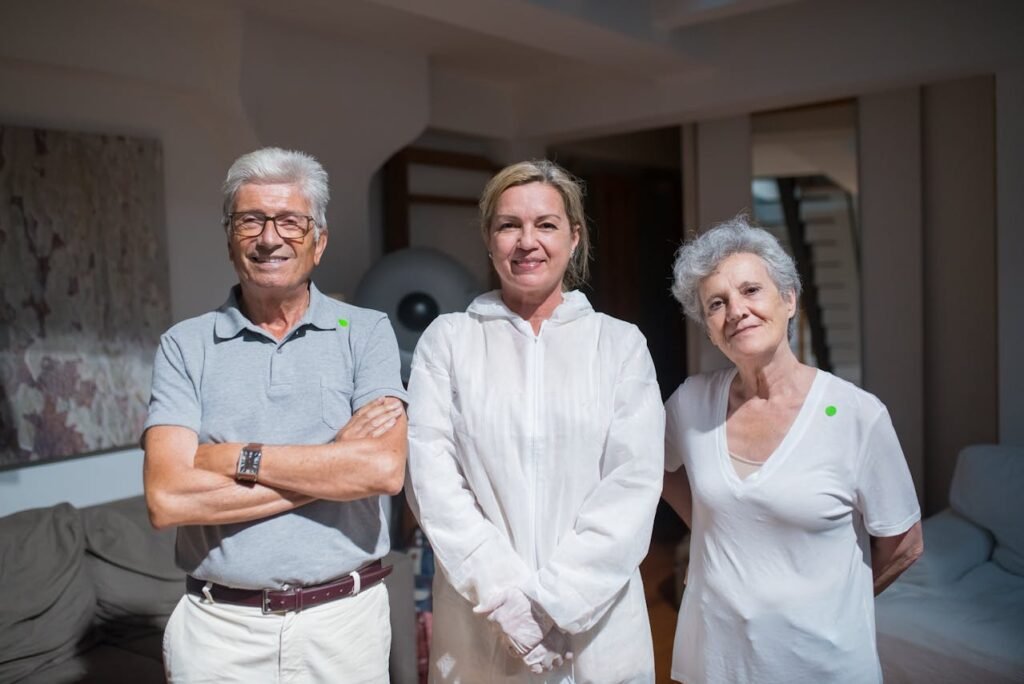Many families look at different options as loved ones age and their needs change. Daily routines may feel harder for elders to manage on their own. This shift often brings more questions about safety and comfort.
Families want a place that feels secure while still offering independence. These needs shape the key factors to consider an assisted living. A clear plan helps families move forward with confidence.
Learn how these major factors guide the choice and explore the next sections for more insight.
1. Safety and Daily Support
Safety plays a strong role in the decision to move into assisted living. Many elders want steady support with daily tasks while still keeping a sense of control. A safe environment reduces accidents and gives families peace of mind. Staff in these communities can help with personal care and mobility needs. This support makes daily routines easier to manage.
It also lowers the stress elders feel when living alone. If you read about the cost of senior living explained here or from any resource, you’ll discover that safety features and daily support often shape long term plans. These details make the transition easier to understand. The right level of support helps elders feel secure every day.
2. Social Interaction and Community
Many elders choose assisted living because they want more social connection. Isolation at home can grow over time and weaken emotional health. A community gives them regular chances to engage with others. Group activities help them stay active and involved.
Shared meals create time for conversation. These simple moments help build friendships. Social routines also reduce loneliness. A strong community improves confidence. Elders feel more supported when they are surrounded by people who care.
3. Health and Medical Needs
Health becomes a major concern as aging progresses. Assisted living offers steady oversight that helps manage basic health needs. This support gives families comfort knowing someone is available when needed. Routine monitoring helps detect changes early.
Medication reminders keep daily treatment on track. Simple care reduces risks that can develop without help. Elders also feel more at ease when they know assistance is within reach. This leads to a more stable lifestyle. Consistent attention keeps their well-being moving in the right direction.
4. Independence and Quality of Life
Many elders want to keep their independence while getting the help they need. Assisted living communities support this balance. They allow elders to choose their own routines with guidance when needed. This setup helps them stay active without feeling restricted.
Quality of life improves when stress is reduced. Simple services like meals and housekeeping make daily life easier. This gives elders more time to enjoy hobbies. The focus is on comfort and freedom. A better lifestyle encourages a positive outlook.
Know the Factors That Lead Elders to Choose Assisted Living
Choosing assisted living becomes easier when families understand the main factors that guide the decision. Safety, connection, health, and independence shape the final choice.
These points help families build a clear plan that supports long term well-being. Elders gain a comfortable setting that brings structure and support. Families gain confidence knowing their loved ones are in a secure and caring place.
We create powerful, insightful content that fuels the minds of entrepreneurs and business owners, inspiring them to innovate, grow, and succeed.
